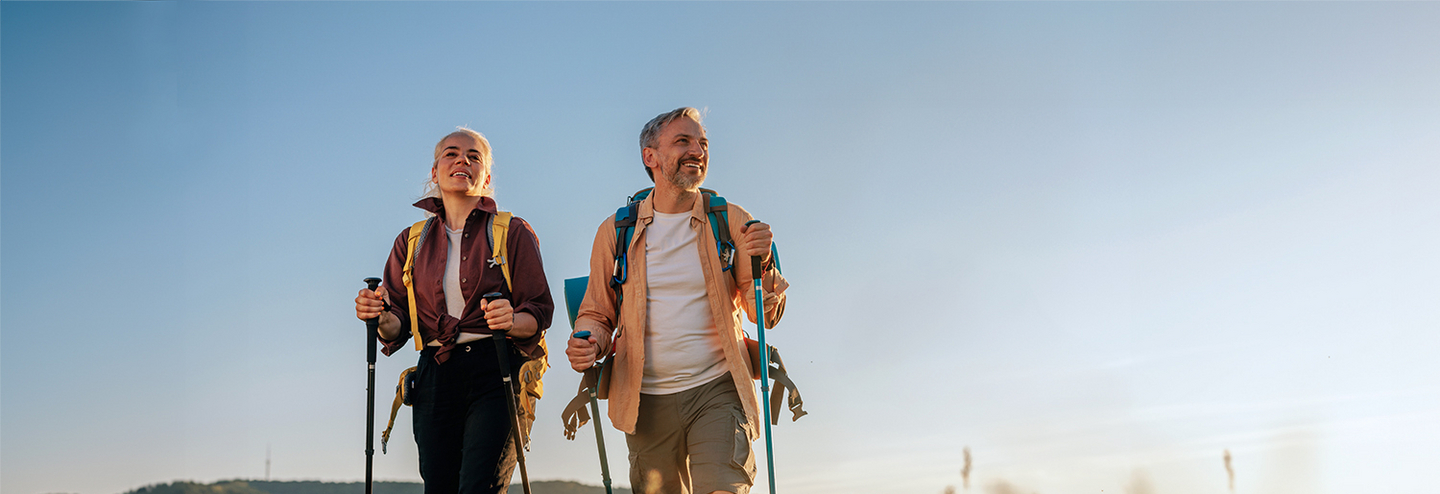Basic information on ageing
This website is for general informational and educational purposes only. We take every effort to ensure that the information published is accurate and supported by the current scientific literature at the time of writing. This information is, however, not intended to provide medical advice or replace a qualified medical practitioner. Please consult your physician or health care professional if you have any concerns or questions about your health or the information on this site.
